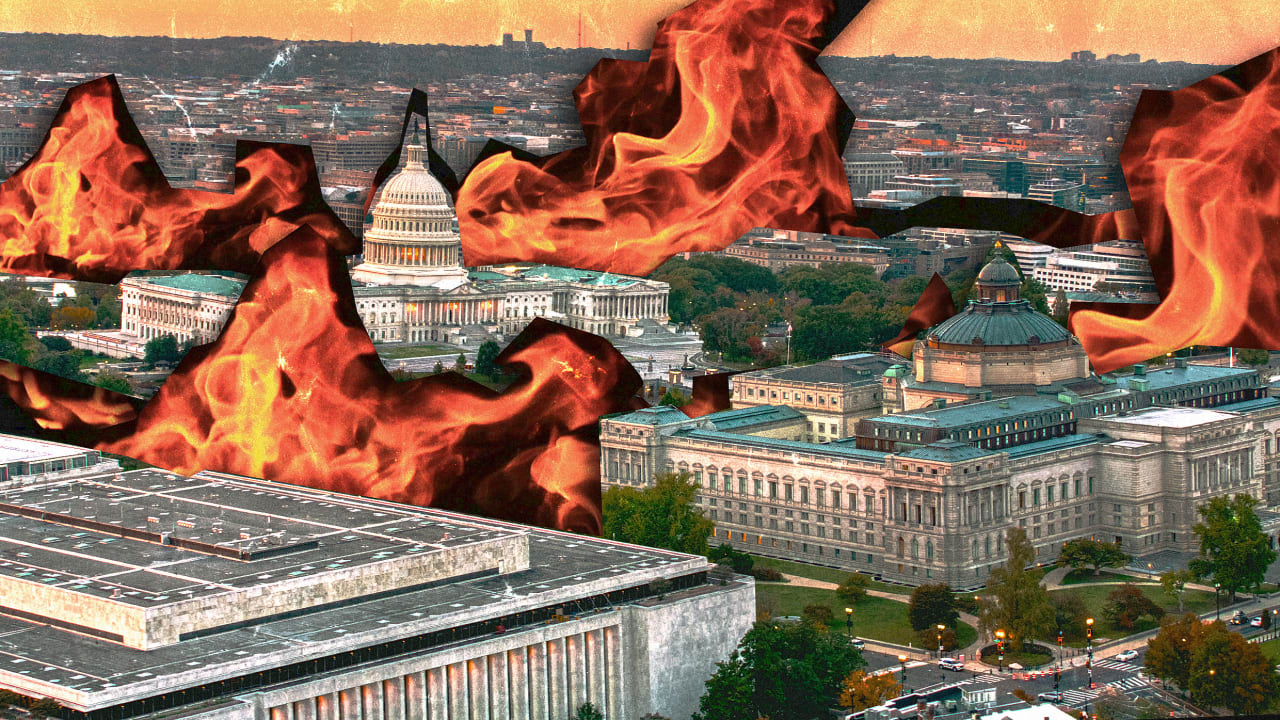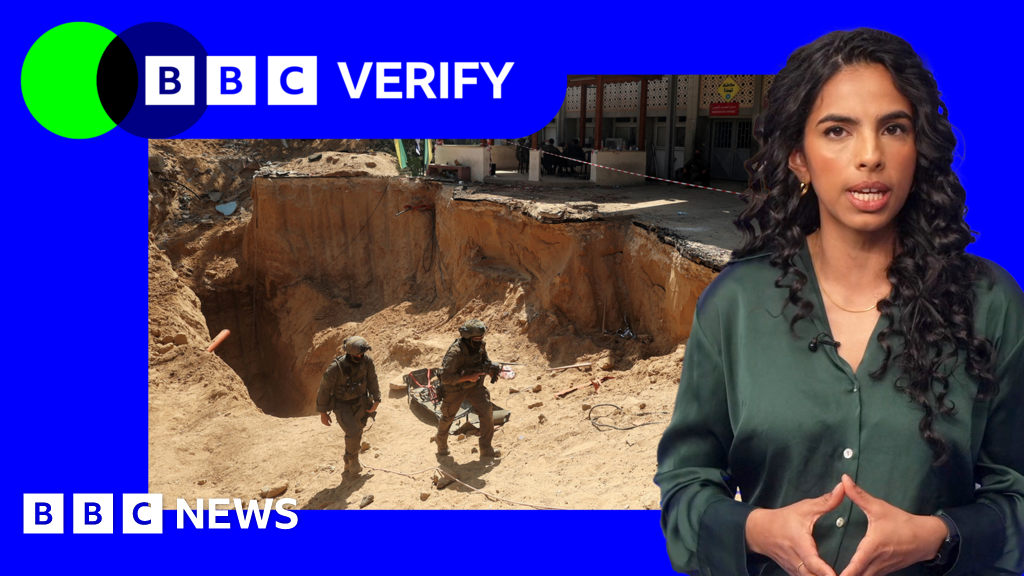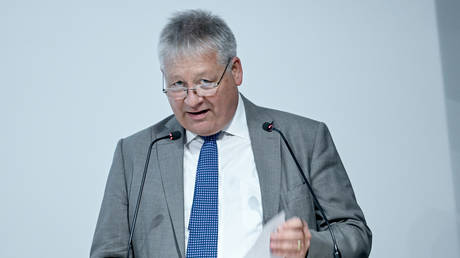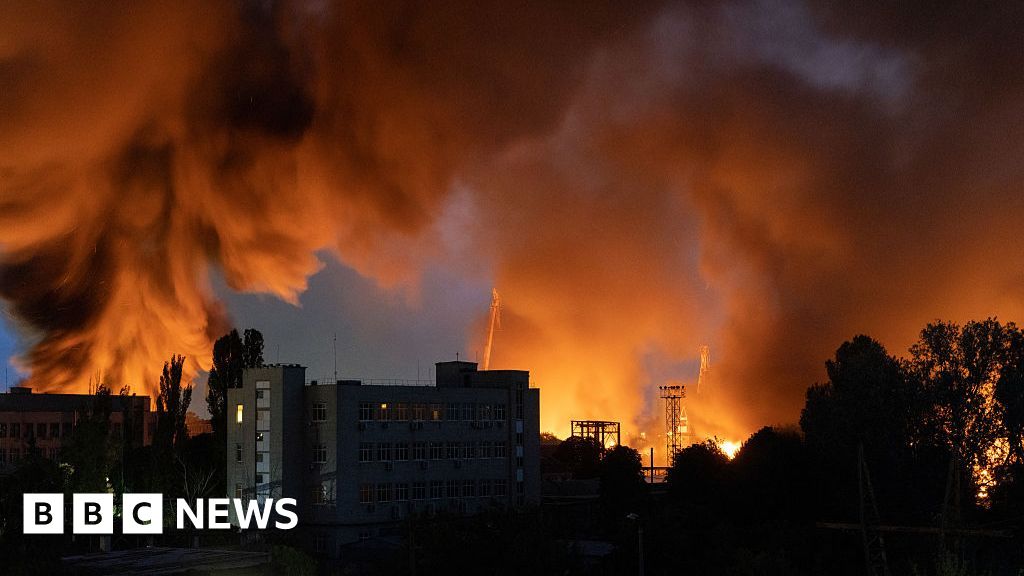The U.S. government is burning. Let’s save what we can

The first four months of the Trump administration have seen the largest destruction of our federal government’s capacity in history, with the reckless and illegal dismantling of agencies, the arbitrary slashing of the workforce, and the elimination of countless programs and critical public services.
President Trump has literally set the house on fire, requiring a public response to this five-alarm emergency that shouldn’t involve only the political process and the courts. The fight must involve foundations, philanthropists, nonprofits, and state and city governments, which either fund or become the home for the abandoned federal initiatives, services, and civil servants.
There’s no way, of course, to replace the depth and breadth of the federal government’s brazenly and often illegally discarded work, but even saving some of the contents of the burning house will have value.
A number of efforts are already taking place to preserve the knowledge, expertise, and critical services and programs, but so much more needs to be done.
Several organizations, for example, have retrieved thousands of data files that the Trump administration purged from agency websites containing public health information, scientific research, environmental risk alerts, crime statistics, and mental health information.
Harvard University recently announced that its library’s Innovation Lab is making available 311,000 datasets retrieved from 2024 and 2025, representing “a complete archive of federal public datasets linked by data.gov,” while the National Security Archive’s Climate Change Transparency Project has published information on climate change and environmental justice that had been removed from agency websites. Even without any new data in the coming years, these efforts will preserve institutional knowledge for scientists, policymakers, and researchers, and provide a starting point for collecting important data again in the future.
Bloomberg Philanthropies and others have pledged to help cover the U.S. contribution to the U.N.’s climate change budget, filling a gap left by the Trump administration, while the Rhode Island Foundation announced it will award $3 million to local nonprofits that lost federal funding for a range of local services in areas such as healthcare, housing, education, and public safety.
Several colleges and universities, including Yale, Johns Hopkins, and Northwestern, are providing funding to temporarily support graduate students and faculty who have had research grants cut off by the Trump administration, while the MacArthur Foundation has committed an additional $150 million in funding in 2025 and 2026 for organizations that have lost federal aid and are involved in maternal health, climate, justice, and human rights.
Several former employees of the depleted Consumer Financial Protection Board have been discussing ways that state attorneys general, through umbrella organizations, might gather lawyers, advocates, and researchers for the shared purpose of helping victims of financial fraud.
In addition, a number of federal labor unions, legal entities, and nonprofits (including my own organization) recently launched a legal defense fund to help federal employees who were fired or are facing termination, and a number of state governments have been actively recruiting federal employees who were laid off by the Trump administration.
The opportunities for outside parties to act are far more plentiful than these few examples. My organization recently published a list—100 Harms in 100 Days—of the damaging and senseless cuts dealing with veterans, education, public health, scientific and medical research, the environment, public lands, and agriculture. Even that breathtaking list just scratches the surface, but it does offer a starting place for those wondering what they can do to help. So ask yourself how you can help, perhaps through specialized expertise, financial resources, passion for a cause, a willingness to donate your time, or any number of other ways. We can all play a role.
The harsh reality is that we are watching the arson of our government. As I see it, those of us with the capacity to help—as individuals or organizations or both—have two options: We can stand by and watch in horror as the Trump administration burns down our collective home, or we can try to save as much as we can from the indiscriminate destruction.
To be clear, this isn’t a permanent solution. No other entity can replace the scale and resources of the federal government. And the administration should not be superseding Congress’s constitutional role and shuttering agencies, freezing appropriated dollars, and destroying the nonpartisan, expert civil service. This is about making sure we will be more ready to rebuild better when the time comes.
What's Your Reaction?
 Like
0
Like
0
 Dislike
0
Dislike
0
 Love
0
Love
0
 Funny
0
Funny
0
 Angry
0
Angry
0
 Sad
0
Sad
0
 Wow
0
Wow
0






























































































